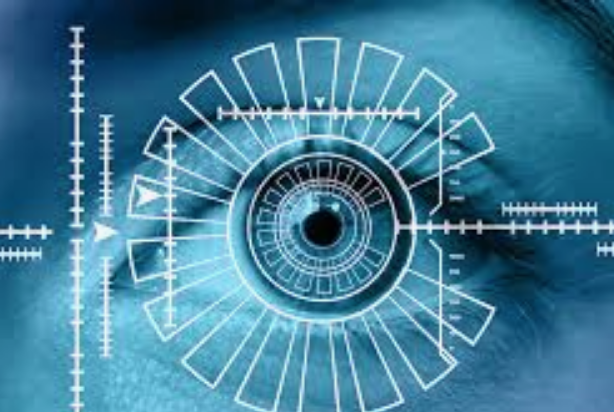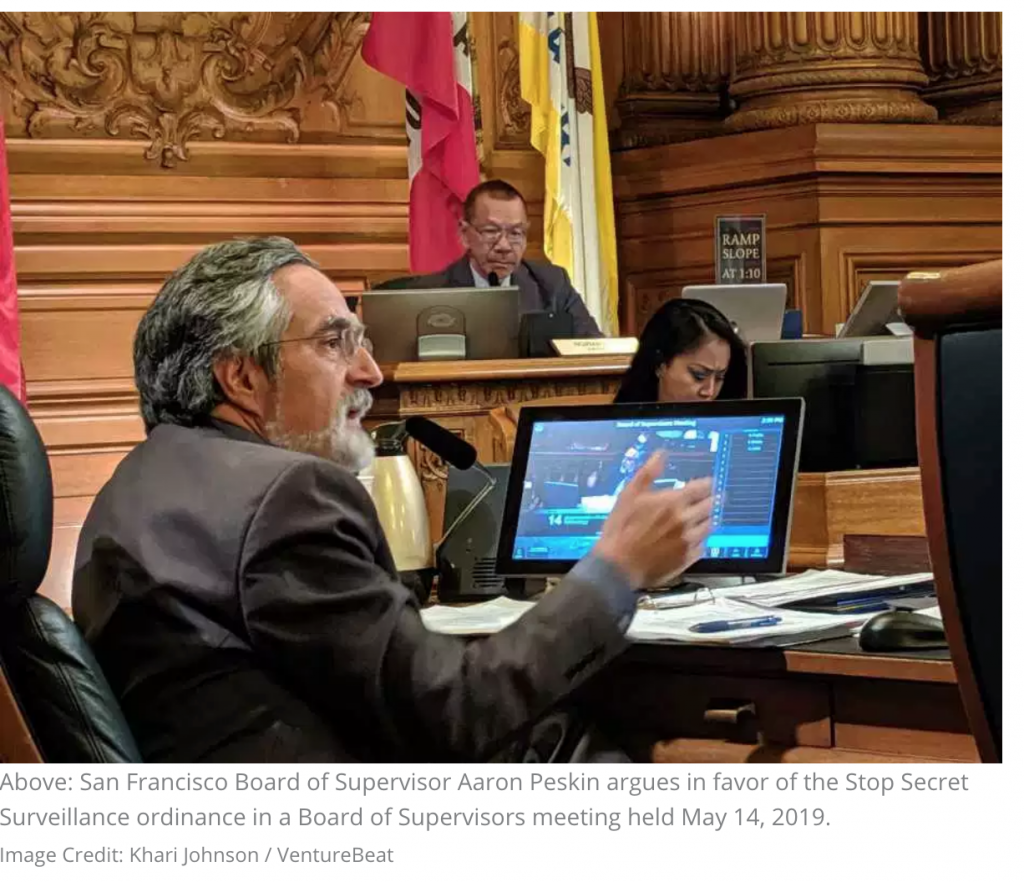
The City of Somerville banned facial recognition technology over concern about potential abuse.
Somerville Rejects Police Use of Facial Recognition
The Somerville City Council has joined San Francisco and a few other municipalities in banning facial recognition software being used by their law enforcement personnel.
As this technology that can identify people by scanning their faces in a matter of split seconds, has made its way into the workplace and devices like the iPhone, which uses facial recognition to verify purchases, now police are also adopting the largely unregulated technology. Governments on many levels, including city, state, and national, are just now beginning to consider how facial recognition software should be used in society. Or if it should be used at all.
In an article in venturebeat.com, author Khari Johnson reports that in addition to a ban on active use of AI by city departments, the ordinance outlaws use of data or evidence produced by facial recognition software systems in criminal investigations or legal proceedings. The local law does not have the scope to restrict facial recognition use by state or federal law enforcement.
Local residents shared 98 written comments, plus letters of support from the ACLU and a letter in opposition from trade organization Security Industry Association, Somerville city clerk John Long told VentureBeat in an email. All letters support the council’s action.
Even the people who design and work with this type of tech are wary of it. Founding editor of Logic magazine and Harvard University fellow Moira Weigel is a technologist married to a technologist and a Somerville resident.
“We know that such technologies enforce racism and cis-heterosexism and hand over huge amounts of sensitive information to enrich democratically unaccountable private entities. It’s no accident that San Francisco, another city with a high population of technologists who understand how these systems work, [has] also voted to ban them,” Weigel said.
Johnson goes on to point out in her article that the Boston area plays a fairly prominent role in facial recognition policy debates. And the Massachusetts State Legislature is currently considering the Face Surveillance Moratorium Act, a bill sponsored by a Boston area lawmaker.
Representative Ayanna Pressley (D-MA), who represents Somerville and Boston in Congress, has in recent weeks been part of the House Oversight and Reform Committee hearings that has bipartisan support for temporary limitations on facial recognition software used by law enforcement.
According to a story on govtech.com, in spite of the backlash that is caused by fear of an “Orwellian” society, the technology is becoming highly accurate and there are “many beneficial applications of facial recognition technology, such as allowing police to more quickly identify potential suspects, witnesses and victims; ensuring only authorized personnel can access secure government buildings; and helping schools prevent sex offenders, disgruntled employees, or other potentially dangerous people from entering their facilities.”

read more at venturebeat.com







Leave A Comment